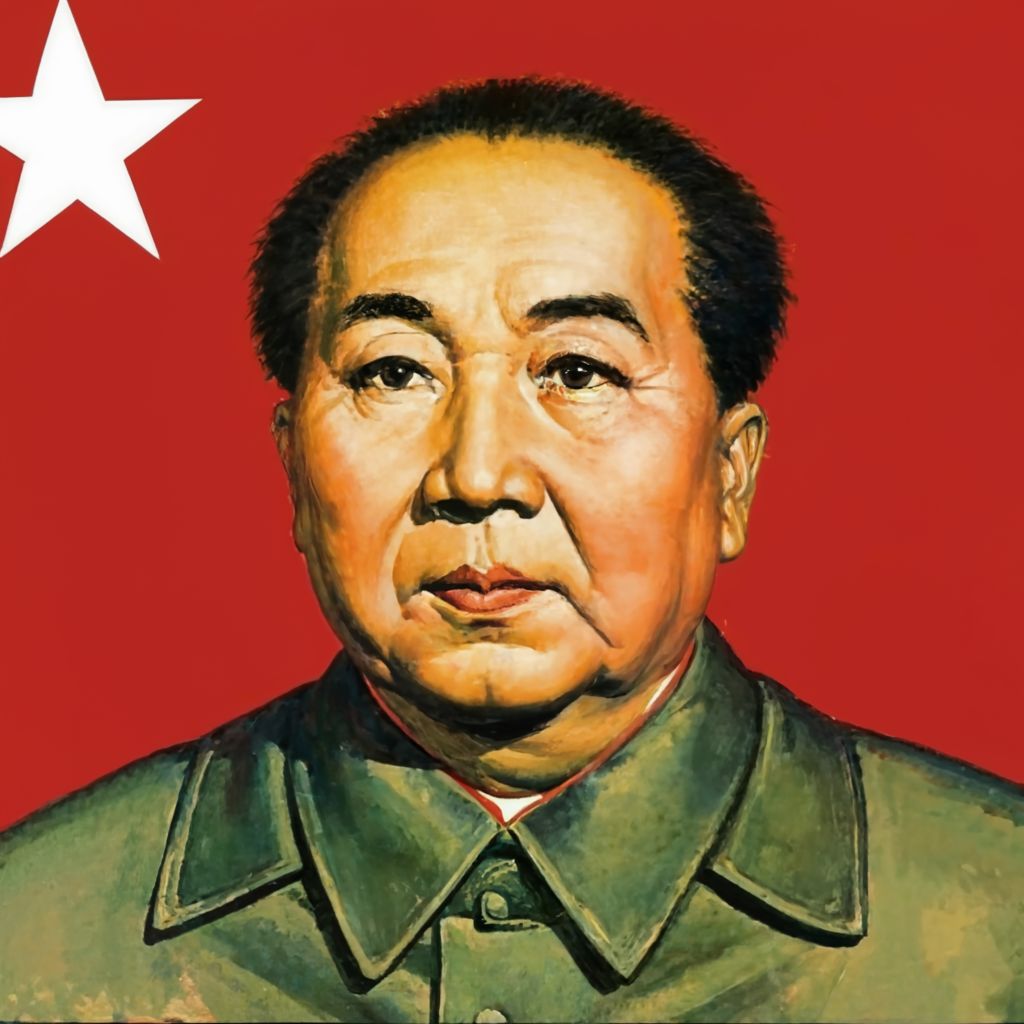The Cultural Revolution, officially known as the Great Proletarian Cultural Revolution, was a sociopolitical movement in China that lasted from 1966 until 1976. Initiated by Mao Zedong, the then Chairman of the Chinese Communist Party (CCP), the primary goal was to preserve Chinese communism by purging remnants of capitalist and traditional elements from Chinese society, and to re-impose Maoist thought as the dominant ideology within the CCP.

Background and objectives
By the early 1960s, Mao was concerned about the direction in which China was heading, fearing that the country was moving towards a bureaucratic system and straying from the socialist path. He was critical of the economic policies and the “capitalist road” taken by some of his colleagues, which led to his diminished role in the state’s governance following the Great Leap Forward (1958-1962) and its disastrous outcomes. The Cultural Revolution was Mao’s attempt to reassert his authority and revive his version of communist ideology.
Major events and impact
Launch of the campaign against the ”Four Olds”
The Cultural Revolution commenced with the May 16 Notification of 1966, which marked the beginning of a campaign against the “Four Olds”: old customs, old culture, old habits, and old ideas. The movement rapidly escalated, leading to widespread chaos and societal breakdown.
The Red Guards
The Cultural Revolution saw the rise of the Red Guards, groups of radical youths who were encouraged by Mao to attack the “Four Olds”. They targeted intellectuals, destroyed cultural artifacts, and attacked those deemed as class enemies, leading to widespread persecution.
Purge of the CCP
A significant number of CCP officials were purged, including President Liu Shaoqi and other high-ranking leaders accused of taking the capitalist road. The political purge extended to all levels of government and even the military, significantly impacting China’s political landscape.
Impact on society
The Cultural Revolution led to significant upheaval in Chinese society. Education was disrupted, cultural heritage was destroyed, and millions of people were persecuted, leading to a significant number of deaths, though estimates vary widely. The economy was also negatively impacted, with years of chaos disrupting industrial and agricultural production.
End of the Cultural Revolution
The Cultural Revolution gradually came to an end following Mao’s death in 1976. It was officially declared over by the 11th CCP Congress in August 1977, with Deng Xiaoping rising to power and initiating reforms to lead China away from the policies of the Cultural Revolution.
Foreign relations during the Cultural Revolution
Chinese aid to communist endevours
China’s promotion of communist revolutions and ideologies has not been limited to the Cultural Revolution period, but this period was particularly intense. Eventually, however, the downturn of the Chinese economy caused by the Cultural Revolution impacted China’s ability to continue to fund communist revolutions and organizations abroad. Notably, China’s decreased ability to aid North Vietnam in the war against South Vietnam cooled relations between the once allied nations.
Diplomatic disputes
Among the 40+ countries that had established diplomatic (or semi-diplomatic) relations with China at the start of the Cultural Revolution, roughly 30 had serious diplomatic disputes with China during the Cultural Revolution period. Some countries – including Indonesia, Ghana and Central Africa – even terminated their diplomatic relations with China.
China´s foreign relationships were not helped by the fact that many seasoned Chinese diplomats, including ambassadors and consuls, were recalled.
Attacks
- Red Guards laid siege to the Soviet, French and Indonesian embassies in China.
- Red Guards broke into the British Legation in Beijing, assaulted three diplomats and a secretary there, and set it ablaze. (A legation is diplomatic representative office of lower rank than an embassy.) The Chinese government refused to condemn the attack.
- British officials in Shanghai were attacked, as the authorities attempted to close the official British office there.
- Red Guards torched the Mongolian ambassador’s car.
Legacy
The Cultural Revolution remains one of the most controversial periods in Chinese history. Its aftermath left deep scars on Chinese society, with its impact still felt in various aspects of China’s political, social, and cultural life.
The CCP has officially declared the Cultural Revolution a mistake, and the period is treated with caution in Chinese historical discourse. The movement’s excesses and failures led to significant changes in China, paving the way for the reform and opening-up period that began in the late 1970s under Deng Xiaoping, which dramatically transformed China into the global power it is today.
